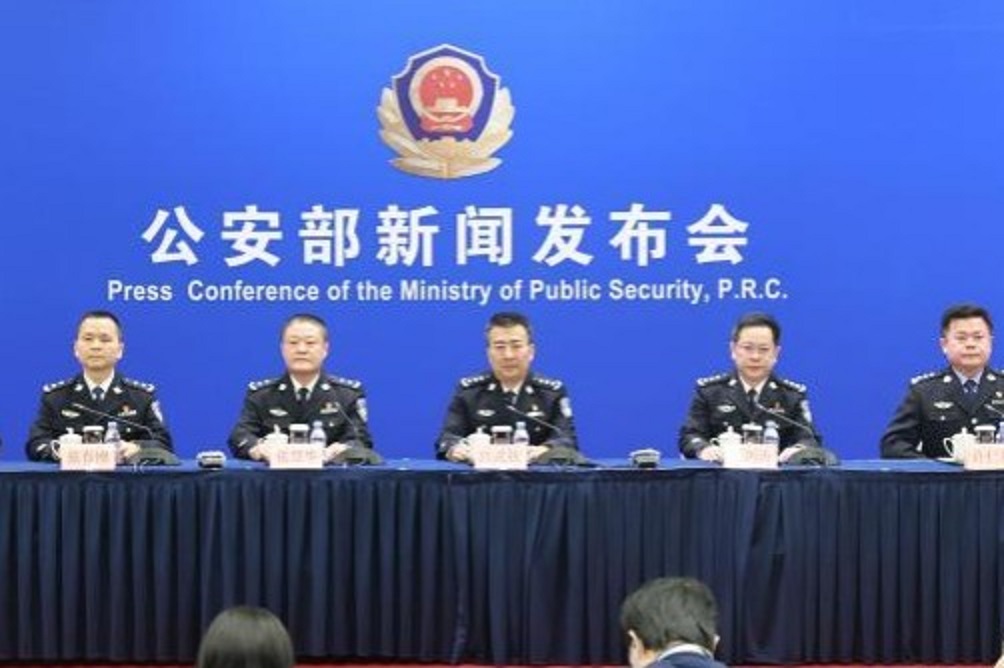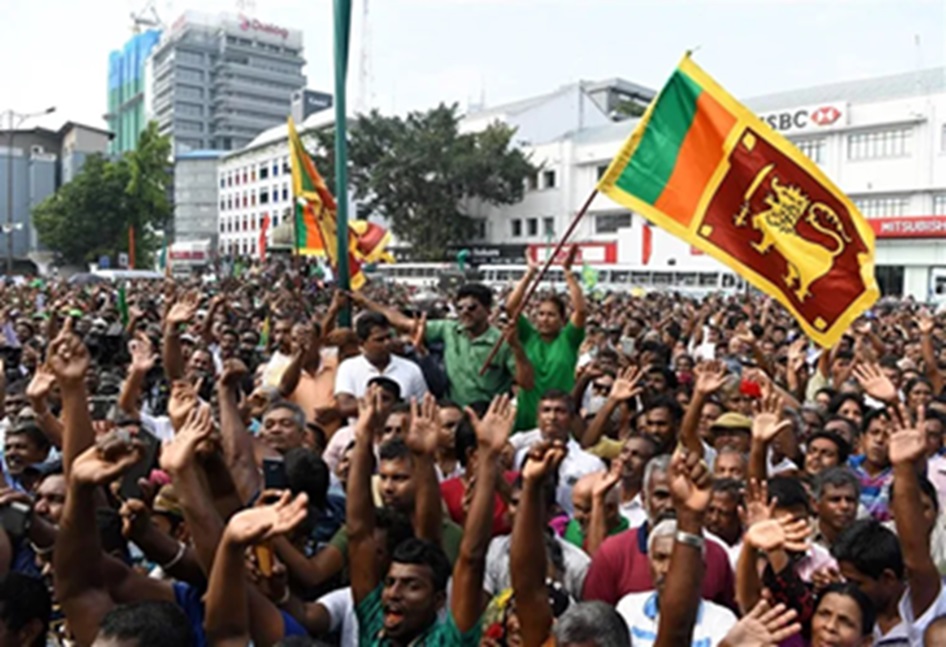“PRC government deploys its national police and the 912 Special Project Working Group not as an instrument to uphold the law and protect public safety, but rather as a troll farm that attacks persons for exercising free speech in a manner that the PRC government finds disagreeable, and also spreads propaganda whose sole purpose is to sow divisions within the targeted foreign country.”
Counterintelligence operations of Chinese security organisations like the Ministry of Public Security (MPS) and the Cyberspace Administration of China (CAC), among other organisations like the Ministry of State Security (MSS), targeting organisations and individuals abroad have been detected in the past. Counterintelligence agencies, particularly in the United States, Canada, Australia, and countries in Europe and Southeast Asia have claimed that they have detected the Chinese MSP officers, specially trained to counter anti-China activities remotely (online) as well as directly (in person) targeting Chinese nationals, including those who hold foreign passports resident abroad.
MPS is one of the first security organisations after the Communist Party of China assumed power in 1949. Among its responsibilities is safeguarding the country’s political and public security (that actually focuses mainly on counterintelligence). It has an estimated 1.9 million personnel on its rolls. The creation of the Ministry of State Security (MSS) in 1983 witnessed the MPS losing a share of its personnel and budgetary allocations which has since been restructured. The MPS reportedly has an elite Beijing-based task force called the 912 Special Project Working Group tasked to target Chinese dissidents globally.
They monitor activities that they perceive as anti-China, counter them, and even intimidate and harass those who they suspect as involved in such activities using even strong-arm tactics and coercion. Most of the victims succumb to the Chinese pressure for they have various interests, including close relatives, properties, business interests, etc. back home in China that they don’t wish to put at risk. China has religiously refuted such allegations as and when related reports have appeared in the media.

Reports from countries like the U.S., Canada, and Australia about initiating legal proceedings against Chinese MPS officers in their respective countries have appeared in the media recently. In a significant related development last month, the U.S. Attorney’s Office for the Eastern District of New York charged 40 Chinese MPS officers (including two from the CAC) in two “transnational repression schemes” targeting U.S. residents. The defendants were accused of creating fake social media accounts to harass Chinese dissidents and working with the employees of a U.S. telecom company to remove dissidents from the company’s [social media] platforms. It was accused that the MPS officers “perpetrated transnational repression schemes targeting U.S. residents whose political views and actions are disfavoured by the PRC government, such as advocating for democracy in the PRC”. A related US Department of Justice (DoJ) document states that the “defendants created and used [thousands of] fake social media accounts to harass and intimidate PRC dissidents residing abroad and sought to suppress the dissidents’ free speech on the platforms of [the said] U.S. telecom company”. It added that “the defendants …… are believed to reside in the PRC or elsewhere in Asia and remain at large”. “These cases demonstrate the lengths the PRC government will go to silence and harass U.S. persons who exercise their fundamental rights to speak out against PRC oppression, including by unlawfully exploiting a U.S.-based technology company,” said an attorney handling the case in DoJ’s National Security Division. “These actions violate [U.S.] laws and are an affront to our democratic values and basic human rights,” he added.
The said document continues: “China’s Ministry of Public Security used operatives to target people of Chinese descent who had the courage to speak out against the Chinese Communist Party – in one case by covertly spreading propaganda to undermine confidence in democratic processes and, in another, by suppressing U.S. video conferencing users’ free speech.” “…….. the PRC government deploys its national police and the 912 Special Project Working Group not as an instrument to uphold the law and protect public safety, but rather as a troll farm that attacks persons for exercising free speech in a manner that the PRC government finds disagreeable, and also spreads propaganda whose sole purpose is to sow divisions within the United States,” said another attorney in the know of things.
The said document asserted that “these online personas also disseminated official PRC government propaganda and narratives to counter the pro-democracy speech of the Chinese dissidents”. They maintained the relevant “fake social media accounts through temporary email addresses, posted official PRC government content, and interacted with other online users to avoid the appearance that the group[’s] accounts were “flooding” a given social media platform. The group tracked the performances of members in fulfilling their online responsibilities and rewarded members who successfully operated multiple online personas without detection by the social media companies” that host these platforms, or by other users of the platforms. The MPS members persuaded selected individuals “to compose articles and videos based on certain themes targeting, for example, the activities of Chinese dissidents located abroad” and/or the policies of the host country governments.
They attempted to recruit U.S. nationals “to act as unwitting agents of the PRC government by disseminating propaganda or narratives of the PRC government. On several occasions, the defendants used online personas to contact individuals assessed to be sympathetic and supportive of the PRC government’s narratives and asked these individuals to disseminate [their] content.” Further, they undertook “repeated affirmative actions to have Chinese dissidents and their meetings removed from [social media] platforms. They went to the extent of disrupting “a dissident’s efforts to commemorate the Tiananmen Square massacre through a videoconference by posting threats against the participants through the platform’s chat function”. In another case, during a videoconference on the topic of countering communism organised by a PRC dissident, the MPS officers “flooded the videoconference and drowned out the meeting with loud music and vulgar screams and threats directed at the pro-democracy participants!”
Meanwhile, the Royal Canadian Mounted Police revealed this week that they were investigating cases of MPS “police stations” operating in Canada that include two working from “community centres”. Some observers feel that the timing of a recent series of raids and shuttering of certain consulting firms that have undertaken projects for foreign entities on the mainland may be related to targeting the alleged MPS operatives by Western countries.
Title image courtesy: China Daily
Disclaimer: The views and opinions expressed by the author do not necessarily reflect the views of the Government of India and Defence Research and Studies
Article Courtesy: Asian Institute for China and IOR Studies





